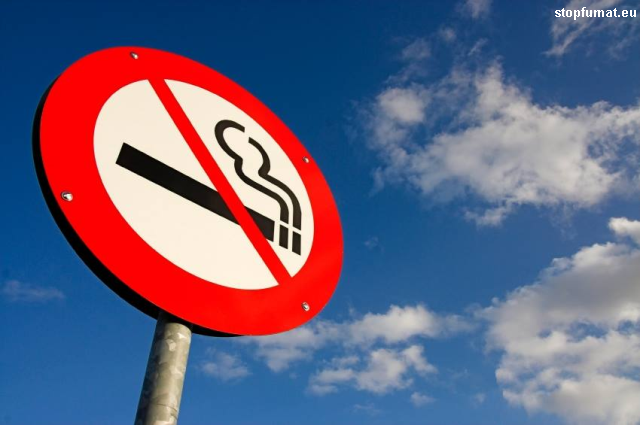Smoking Bans and the Romanians’ Lifestyle
The Romanian Chamber of Deputies has passed the law banning smoking in indoor public spaces.

Daniela Budu, 16.12.2015, 13:47
The Chamber of
Deputies in Bucharest has passed the law banning smoking in closed public
areas. 164 deputies endorsed the new law, 20 were against it while 26 refrained
from voting. The Senate had passed the law as early as 2011, but the
decision-making body in this matter was the Chamber of Deputies. The law
completely bans smoking in all closed public areas, in offices and other
working facilities, in hospitals, clinics and schools, in buses and other
transportation means as well in outdoor and indoor playing grounds. Any
violation of the law is punishable with fines between 20 and 110 euros, while
companies could be subject to fines of up to 3400 euros, have their activity
suspended or be closed down.
Smoking bans in public spaces have been in force
in many Western countries for many years now. Although Romanian employers are
afraid of losing customers, the experience of other countries has proven that
people have continued to go to pubs and cafes after the law was enforced.
Furthermore a smoking ban in clubs will allow for the installation of smoke
detectors, which could prove instrumental with regard to fire prevention. The
law banning smoking in closed public areas will be submitted to president
Iohannis for promulgation, then it will be published in the Official Gazette
and should come into effect within 45 days, most likely in February next year.
Statistically speaking, Romania was in need of such a law, because, as data
released by the National Institute of Statistics shows, one in five Romanians
is into daily smoking. The research indicates that close to 10% of the population
suffers from obesity and half of the Romanians sees the family doctor or the GP
at least once a year. Worth noting is that only three out of ten Romanians are
in the habit of eating fresh fruit and vegetables on a daily basis and only 9%
of those above 6 years are exercising weekly.
More than half of the
interviewees over 16 have admitted to having drunk alcohol in the past year
while only two in ten Romanians say they don’t drink alcohol at the weekends.
One in four people is suffering from at least a chronic disease or has
experienced long-term health issues. Only 16 in 100 people have gone to the
dentist in the past year. According to the National Institute for Statistics,
15% of the interviewees have used medicine without having a prescription, particularly
for headaches and cold. The same survey shows that over three quarters of the
population believe they are in good and in very good health.






























